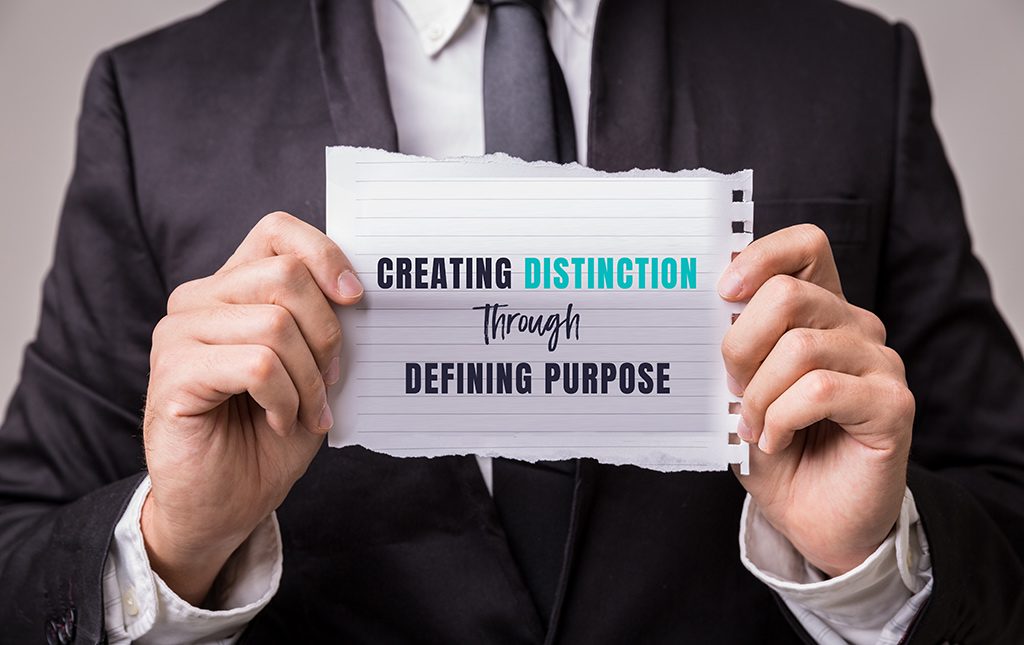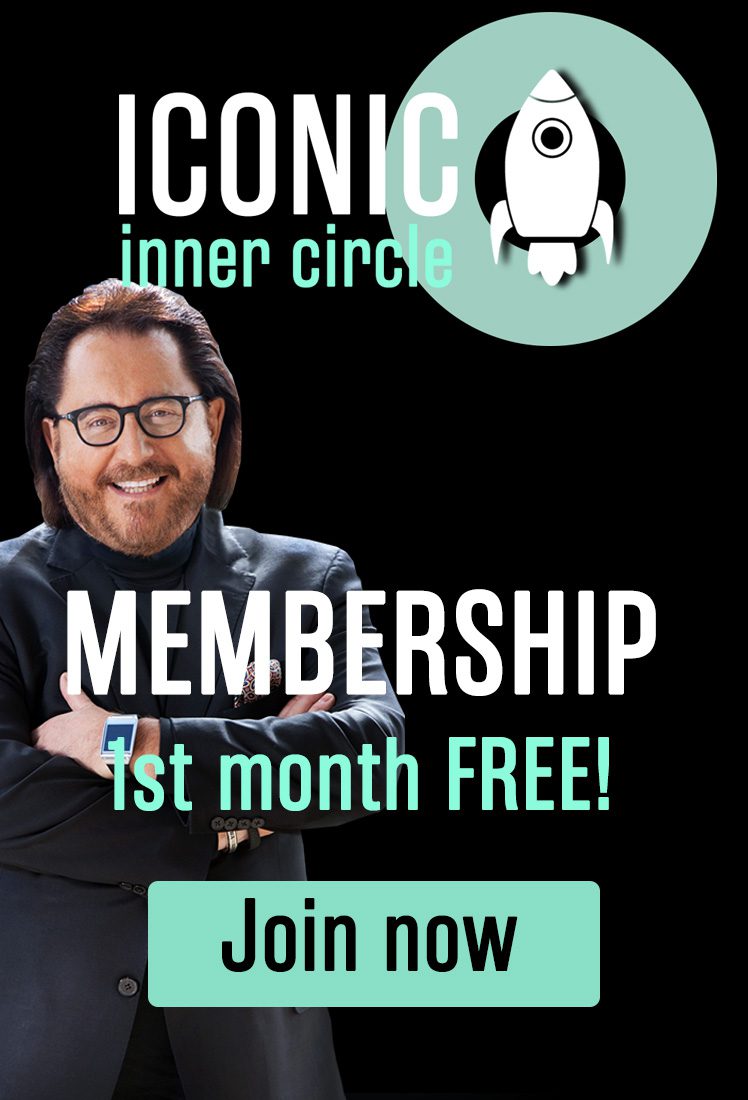At the risk of sounding somewhat like my Dad, who had to trudge to school, in the snow, barefoot, uphill in both directions: Today’s generation of employees want (some would say “require”) something different from the world of work that I never expected.
They want to do work that has meaning. Younger generations now want to know that their efforts for your organization are more purposeful. And they will not be satisfied with work for work’s sake.
Many organizations have a purpose, even one that might be virtuous and laudable. But your organization’s purpose can’t stop at the office door. It has to follow your employees home and inspire them in their personal lives—and it should do so in a way that makes sense from an employee perspective.
This purpose-inspired culture has become so important that it isn’t merely the very top – C-Suite leaders or business owners, for example — that need to buy into it; it has to be shared by all who work for you, managers and non-managers alike.
The organization’s greater purpose needs to leap from job descriptions and company mission statements and flow into employees’ consciousness 24/7, wherever they are.
This purpose-inspired culture will be critical to attracting the best of the Millennial generation (generally accepted as born between 1980 and 1997) and Gen Z (born 1998-2012), who expect meaning from their work–and who have a multitude of employment options. These generations know what they want, even if older generations of leadership and management do not yet know exactly how to help them get it.
Studies show that Millennials and Gen Z are searching for purpose in employment more than anything else–and not merely purpose at work, but purpose with their lives.
To borrow a phrase from the 1930s, purpose is the “New Deal” that young workers seek from today’s world of work.
Some would say purpose is the difference between being “engaged at work” and “having a job.” It is a purpose that engages employees and keeps them focused on their work, producing higher-quality outcomes, and staying committed to the organizations they work for in a manner that ensures they’re present for work tomorrow.
Purpose is no longer solely an HR issue: Purpose has become a business imperative.
From product development and marketing to operations and quality control, purpose is the New Deal. Every department and every business leader should explore purpose for their organizations and how they can market it to not only to Millennials and Gen Z– but also to existing experienced employees who may demand purpose in return for sticking around.
The purpose could be your organization’s mission or a purpose you apply to a specific unit. The purpose could be to do something worthwhile for the community or society at large, which is often a powerful draw for Millennials and Gen Z. Your organization’s purpose should be something that everyone can get behind.
Your purpose is not required to be altruistic, though. It can also be about an improved customer experience or a purpose-inspired product line. Purpose could also validate that your organization is doing something important in its own right, and is something that employees could take pride in delivering for customers.
Your purpose can be to make work more purposeful, which means designing the purpose into the project or taking purpose into consideration for any given marketing campaign.
Your purpose could be to make employees’ jobs easier, not harder, to find new ways to help them get their work done, or to give them time for other pursuits while still performing effectively.
However, here’s a fundamental problem I’ve observed that leaders experience as they attempt to move in this direction: purpose shouldn’t get confused with meaning.
Purpose is a direct result of meaning — purpose is what you do to give your life meaning, or purpose is applying meaning to your work. Purpose may be an immediate objective, but it’s typically not something you bank on for a lifetime.
Meaning is about “an applied purpose over an extended period.” Meaning is what you embrace and believe in for years or even decades.
This purpose/meaning gap can lead to some significant problems. Here are some important questions to assist you:
- What is the meaning behind the products and services your organization provides? What’s it all about?
- How does the purpose of each project or activity — or even daily work — contribute to the organization delivering on its very meaning in the world?
- How does the work of each individual employee serve a purpose that aligns with the purpose of their team, a project, or their daily activities?
- And have you made it abundantly clear how that individual’s work of purpose contributes to the organization’s purpose — which, in turn, creates meaning in the world?
If you can’t answer those questions — or if you haven’t considered them — there’s no way your employees understand their purpose. This means they may be currently searching for an employer who can deliver one, as opposed to you. It’s a primary reason we have seen this “Great Resignation.”
If you desire to be an employer of choice — and consistently remain the employer that top talent chooses to work for — the role of purpose and meaning in your organization should be primary in your efforts to create distinction.



